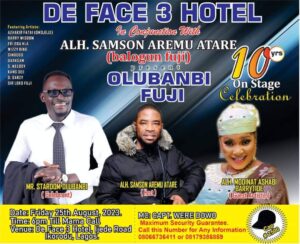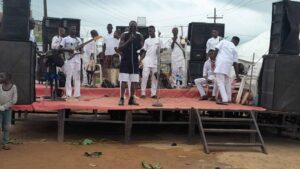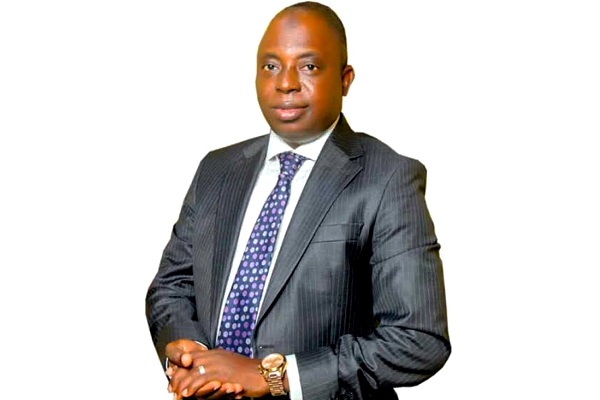In an era where the vibrant beats of foreign music genres dominate the airwaves and captivate young hearts, Fuji music, an essential cultural treasure deeply rooted in Yoruba tradition, faces an alarming decline in popularity among South-Western Nigerian youth. With its intricate linguistic nuances, rich proverbs, idioms, and sociolinguistic elements, Fuji music demands a level of semantic prowess that has, unfortunately, made it less attractive to the younger generation.

The survival of this indigenous genre, which pays homage to the Yoruba language and culture, is under threat as young music enthusiasts increasingly gravitate toward hip-hop, rap, R&B, and other contemporary music styles, drawn by their ubiquity and revenue-generating potential. The dwindling interest in Fuji music poses challenges in preserving the legacies of its legends, past and present, within the music industry.

Amidst this uncertain landscape, Kakalistiq.com reports that a beacon of hope shines in Lagos in the form of Epe-born Olufowobi Aliu, who recently marked his 10th anniversary in the music industry. In an exclusive interview, he shared his journey and aspirations, illuminating the path he has chosen to tread in the footsteps of Fuji music greats like Alhaji Dr. Sikiru Ayinde Barrister.

Reflecting on his journey, Olufowobi Aliu expressed gratitude to the Almighty for the past decade of dedication to music. His musical odyssey commenced gradually during his time at an Arabic school in Epe (Modrasat Shamsul Islamiyat, Poka, Epe, Lagos), where he honed his musical skills. His passion blossomed during his academic pursuits at Michael Otedola College of Primary Education (now Lagos State University of Education), where he studied Cultural and Creative Arts/Social Studies. It was here that the harmonious blend of keyboards and drums inspired him to give voice to his musical talents.

As he embarked on his musical career, Olufowobi Aliu’s early performances graced the stage at the DammyLand Hotel in Imokun, Epe, Lagos, marking his entry into the world of social entertainment. A significant turning point arrived when the Islamic Musician Association of Nigeria’s (ISMAN) Epe Division, under Azhakir Fatai Sanni Omojeje’s leadership, introduced him to the recording studio for the first time. This opportunity led to several notable performances and studio recordings, launching him into the public eye.
Despite the challenges of balancing his music career with his studies, Olufowobi Aliu remains resolute in his pursuit of Fuji music excellence. He has graced renowned stages, including the University of Lagos, LTV Blue Roof, and the National Theatre, consistently sharing his passion for this rich cultural heritage.

The need for music enthusiasts and the wider community to support emerging talents like Olufowobi Aliu is crucial to overcoming the hurdles that young Fuji artists face. By nurturing and promoting these artists, we can safeguard the legacies of Fuji music legends, preserve the Yoruba language, and provide a sustainable means of livelihood for those dedicated to preserving this invaluable aspect of our culture.

In a time when the strains of Fuji music are at risk of fading, Olufowobi Aliu’s unwavering commitment stands as a testament to the resilience of this cherished genre, igniting hope for its revival and continuity.






Wow! This is fantastic! Thanks so much Kaka Babatunde, a budding academic reseacher and media enthusiast. May God continue to strengthen your efforts. Good job you!
OLUBANBI FUJI
thank you fam